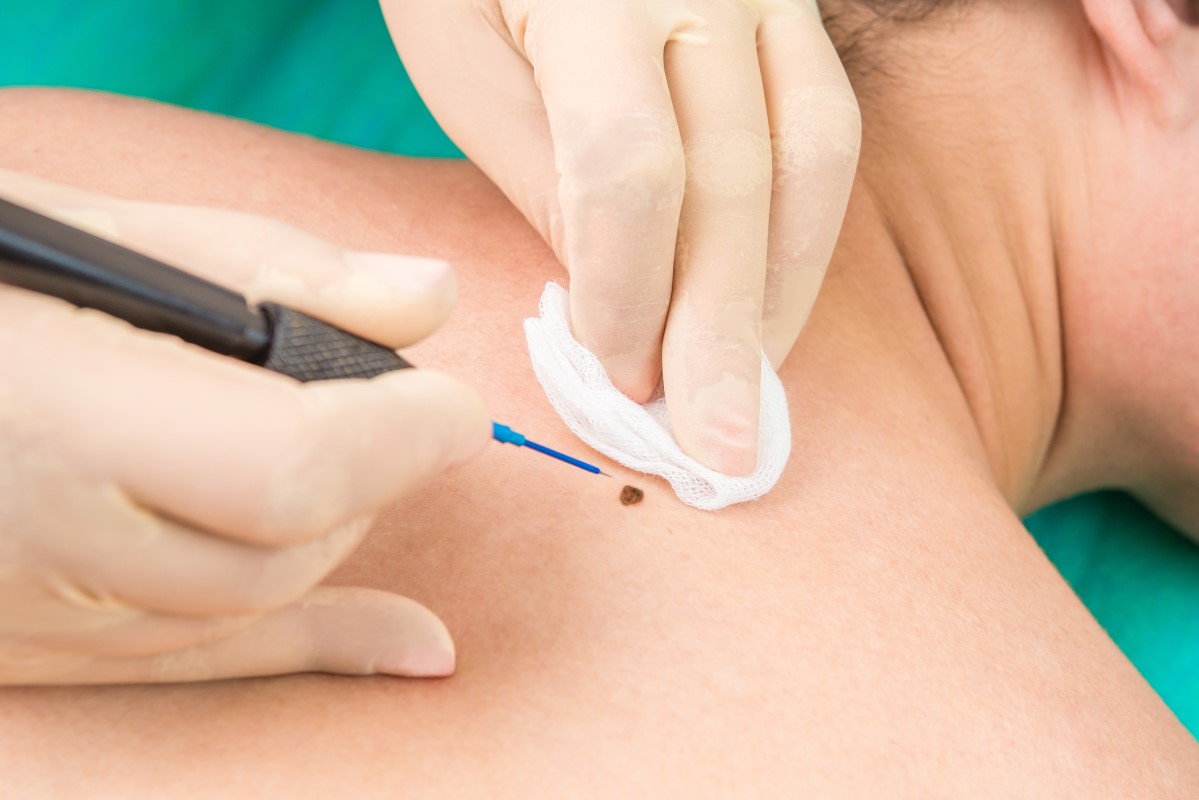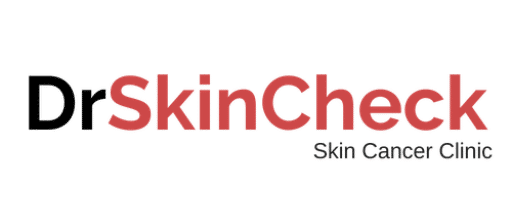Why Skin Cancer Checks
SKIN CANCER SCREENING CHECKS IN MELBOURNE
Australia is the skin cancer capital of the world. More than 11,500 Australian men and women are diagnosed with a melanoma each year, and an estimated 434,000 people are treated for one or more non-melanoma skin cancers.
Skin cancer accounts for over 80% of all new cases of cancer diagnosed in Australia each year. Luckily, skin cancer is almost entirely preventable and if detected early, most skin cancers are successfully treated.
IDENTIFY CHANGES
It is recommended by the Cancer Council of Australia that you become familiar with the look of your skin so you can pick up any changes. These changes are difficult to assess, so having your skin checked regularly by a skin cancer trained doctor may assist in identifying any suspicious lesions.

DELVE DEEPER
By using the latest high resolution digital dermoscopy equipment we can view structures below the surface of the skin that are invisible to the naked eye. This can help in the early detection of possible skin cancers.
Our MOLEMAX HD system, used by experienced and skin cancer-trained doctors, is one the best methods for diagnosis of melanomas of any skin cancer clinics in Melbourne, and helps avoid unnecessary surgery.
YOU CANT SEE EVERYTHING
Having a full body skin check means you can screen key areas of your body that you don’t necessarily have easy visual access to – for example your back.
YOU HAVE SIGNS
If you currently have signs that are of concern, having a skin check immediately can assist in early detection of possible skin cancer or simply put your mind at ease that you have nothing to worry about.
